Without water conservation, Georgia will not be able to meet its future water demands. And the present is not looking too secure either.
As water resource management becomes more complex, Georgians (and the judicial system) are calling for comprehensive water resource plans and policies, as well as more aggressive water conservation. Our current source of drinking water is in doubt and new sources are decades and millions, perhaps billions of dollars away. So in my book conservation is the common sense, affordable tool to ensure water is available when and where we need it. And it is within the control of each Georgian. But how, exactly?
Enter Conserve Water Georgia, a water conservation clearinghouse with timely tips and tools for individuals, students and teachers, business and industry representatives and community leaders. This is a wonderful service of the Watershed Protection Branch of the Environmental Protection Division of the Georgia Department of Natural Resources. There are a variety of topics and the website is constantly being updated to reflect the current threat level (seriousness) of water availability issues.
While we have had record breaking rainfall since the end last summer of the record breaking drought in Georgia, we need to actively maintain our conservation habits. And expand upon them.
And now that planting season is upon us, I’ve been looking at ways to Save Water Outdoors. Did you know that the average household uses about 80-100 qallons of water a day per person? Of that about 30 percent is outdoor water use. And this is the season when that begins to peak.
So here are tips from Conserve Water Georgia for
Saving Water Outdoors
• Water efficiently.
• Put the “right” plants in the “right” places.
• Add organic matter to the soil.
• Mulch.
• Harvest water from alternative sources and use it to irrigate plants.
• Know the rules.
And this Saturday April 10 you can make your very own water harvesting source. Join Sustainable Norcross at 3 PM for the first Rain Barrel and Water Conservation Class of the season. Look for the white tent between the Welcome Center and Fire Museum Parking Lot on Lawrenceville Street near the intersection with Mitchell.
Price is $50 for the class where you will assemble your own 55 gallon food grade recycled plastic drum from materials provided. You’ll also learn about a potential credit on your Storm Water Utility Fee. Additional kits available for $50 each.
Or order a rain barrel assembled and ready for you to install for $60 each.
At the rate of 1 inch of rainfall producing .6 gallons of harvestable water per square foot of roof area (that’s 600 gallons of water per 1,000 sq ft of roof during a 1 inch rain), you’ll want several. Let our instructors show you how to daisy chain them to increase storage capacity. And ask them about reusing HVAC condensate too.
Sign up NOW or call 404-229-7077.
This class made possible through the cooperation of City of Norcross, Coca Cola, Upper Chattahoochee Riverkeeper and Sustainable Norcross.

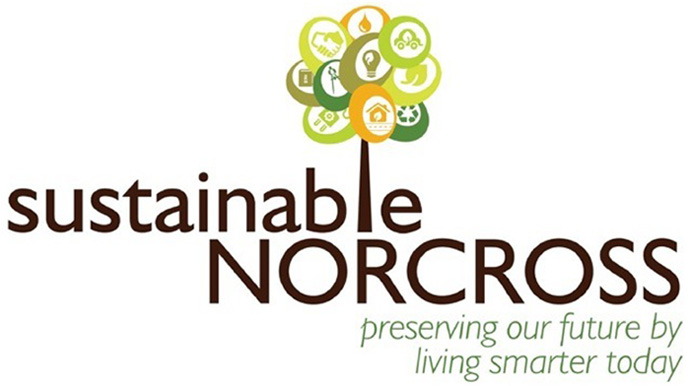






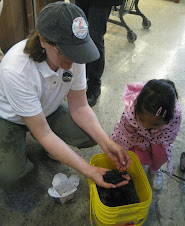






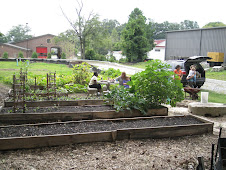


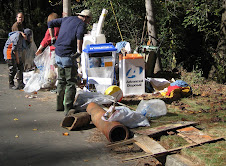
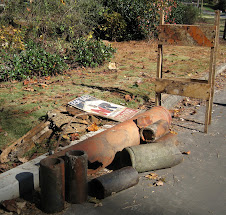
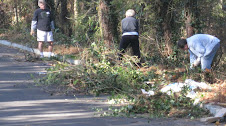
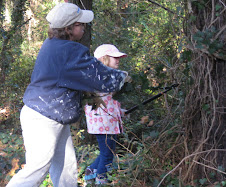
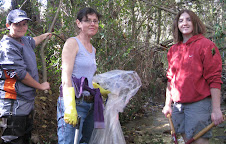
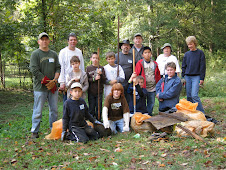



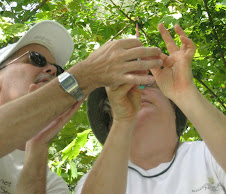
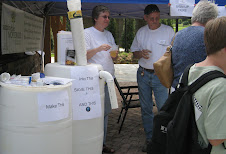



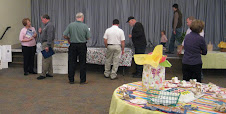




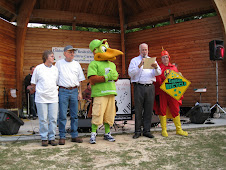

No comments:
Post a Comment